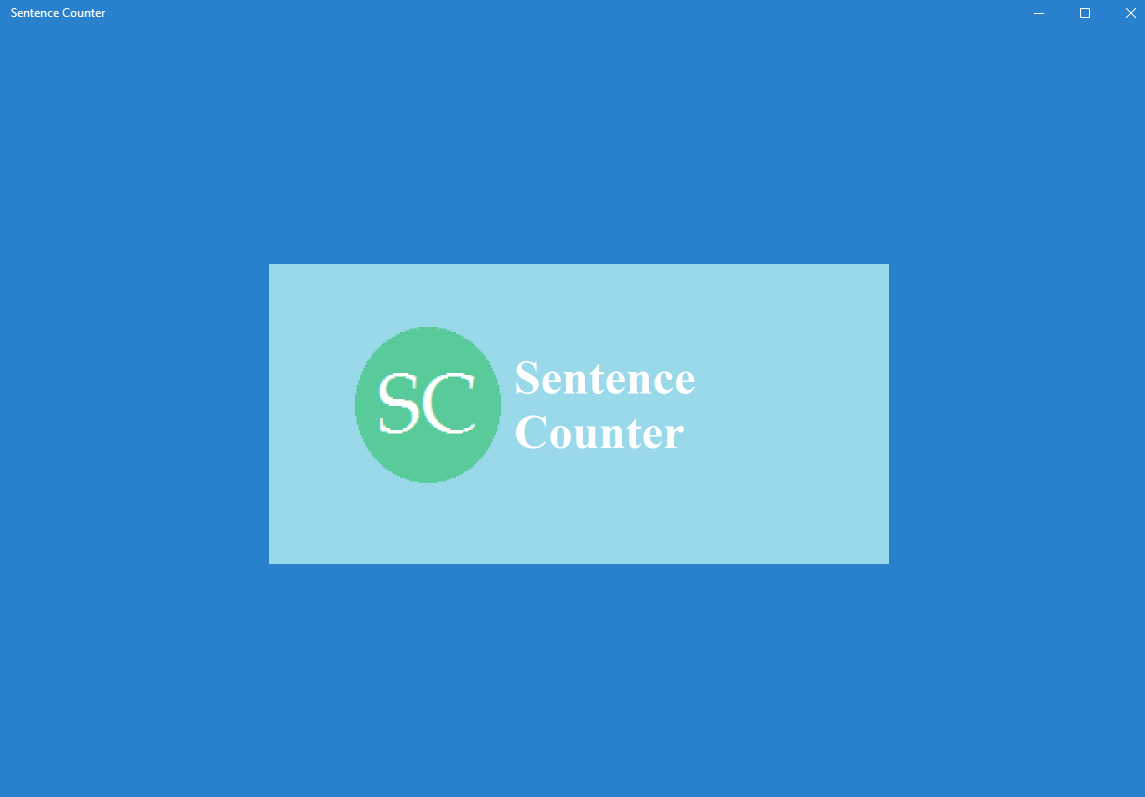
Have you ever wondered about the difference between a sentence counter and a word counter? Well, look no further because I’m here to break it down for you. I’ll explore the core functionalities, accuracy, ease of use, applications, and limitations of these two tools. Whether you’re a writer, student, or just curious, this comparison will give you the insight you need.
So, let’s dive in and discover the distinction between sentence counters and word counters.
Functionality: How Do Sentence Counters and Word Counters Differ in Terms of Their Core Functions
I frequently use sentence counters and word counters, but I find that they differ in terms of their core functions. Sentence counters focus on analyzing the structure and organization of a piece of writing. They provide a count of the number of sentences and can help writers ensure that their writing is clear and concise.
On the other hand, word counters are more concerned with the length and quantity of words used. They provide a count of the number of words and can be useful for meeting specific word count requirements or for tracking progress during the writing process. Both tools serve their purpose, but sentence counters are particularly helpful for writers who desire liberation in their writing. By understanding the structure of their sentences, writers can create more impactful and engaging content.
Accuracy: Which Tool Provides More Accurate Results When It Comes to Counting Sentences and Words
When it comes to counting sentences and words, both the sentence counter and the word counter provide accurate results. Accuracy is crucial when it comes to counting sentences and words, as it ensures that the information we receive is reliable and trustworthy.
Whether you’re a writer, editor, or student, having an accurate tool to count sentences and words is essential for producing high-quality work. The sentence counter and word counter both employ advanced algorithms that can accurately identify and count sentences and words in a text. These tools take into account various factors such as punctuation, spacing, and context to ensure precise results. So, whether you choose to use a sentence counter or a word counter, you can rest assured that you’ll receive accurate and reliable results every time.
Ease of Use: Is There a Noticeable Difference in Usability Between Sentence Counters and Word Counters
There is a significant contrast in the usability of sentence counters and word counters. When it comes to ease of use, sentence counters tend to be more liberating and user-friendly compared to word counters. Here are some reasons why:
- Sentence counters provide a clear and concise count of sentences, allowing users to quickly determine the length and structure of their writing.
- With sentence counters, users can easily identify and fix run-on sentences or fragmented thoughts, enhancing the overall readability and flow of their work.
- Sentence counters often come with additional features such as grammar suggestions and readability scores, offering valuable insights and assistance in improving writing quality.
On the other hand, word counters can be more time-consuming and overwhelming, as they require users to manually scan through their text to identify sentence boundaries. Word counters may also miss certain types of sentences or include non-sentence elements, leading to inaccurate counts and potential confusion.

Applications: Explore the Different Applications and Use Cases for Sentence Counters and Word Counters
One of the main advantages of using a sentence counter or word counter is its versatility in various writing applications. These tools can be incredibly helpful in a wide range of situations, whether you’re a student writing an essay, a professional working on a report, or a writer creating a novel. To demonstrate the diverse applications for sentence counters and word counters, I have created a table below:
| Writing Application | Sentence Counter | Word Counter |
| Academic Essays | ✅ | ✅ |
| Business Reports | ✅ | ✅ |
| Creative Writing | ✅ | ✅ |
| Social Media Posts | ❌ | ✅ |
| Email Communication | ❌ | ✅ |
As you can see, sentence counters and word counters can be used in a variety of writing scenarios, making them valuable tools for anyone looking to improve their writing skills or meet specific requirements. Whether you need to ensure your academic essay has the right number of sentences or you want to keep your social media posts within a certain word limit, these counters can assist you in achieving your goals.
Limitations: Discuss the Limitations and Potential Drawbacks of Relying Solely on Either a Sentence Counter or a Word Counter
As a writer, I’ve found that relying solely on a word counter can have limitations and potential drawbacks. While a word counter is useful for tracking the length of a document, it fails to capture the complexity and structure of the writing. Here are some limitations and potential drawbacks of relying solely on a word counter:
- Ignores sentence variety and structure: A word counter doesn’t consider the number of sentences or their lengths, which are crucial for creating flow and readability.
- Inaccurate representation of content: The word count alone doesn’t reflect the quality or substance of the writing. It may lead to a false sense of completion or inadequacy.
- Misses important details: A word counter doesn’t highlight redundancies, verbosity, or repetition, which can negatively impact the readability of the text.
- Limited understanding of context: Word count fails to capture the nuances and context-specific requirements of different writing genres or platforms.
- Neglects proofreading and editing: Relying solely on a word counter may discourage thorough proofreading and editing, leading to overlooked errors or inconsistencies.
To ensure a well-rounded and polished piece of writing, it’s crucial to go beyond word count and consider the intricacies of sentence structure, content quality, and contextual requirements.
Conclusion
In conclusion, both sentence counters and word counters serve different purposes and have their own advantages and limitations.
While sentence counters are useful for determining the number of sentences in a text, word counters provide more accurate results when it comes to counting individual words. The ease of use may vary between the two tools, depending on the specific platform or software used. In various applications and use cases, both sentence counters and word counters play crucial roles in analyzing and organizing textual data.



